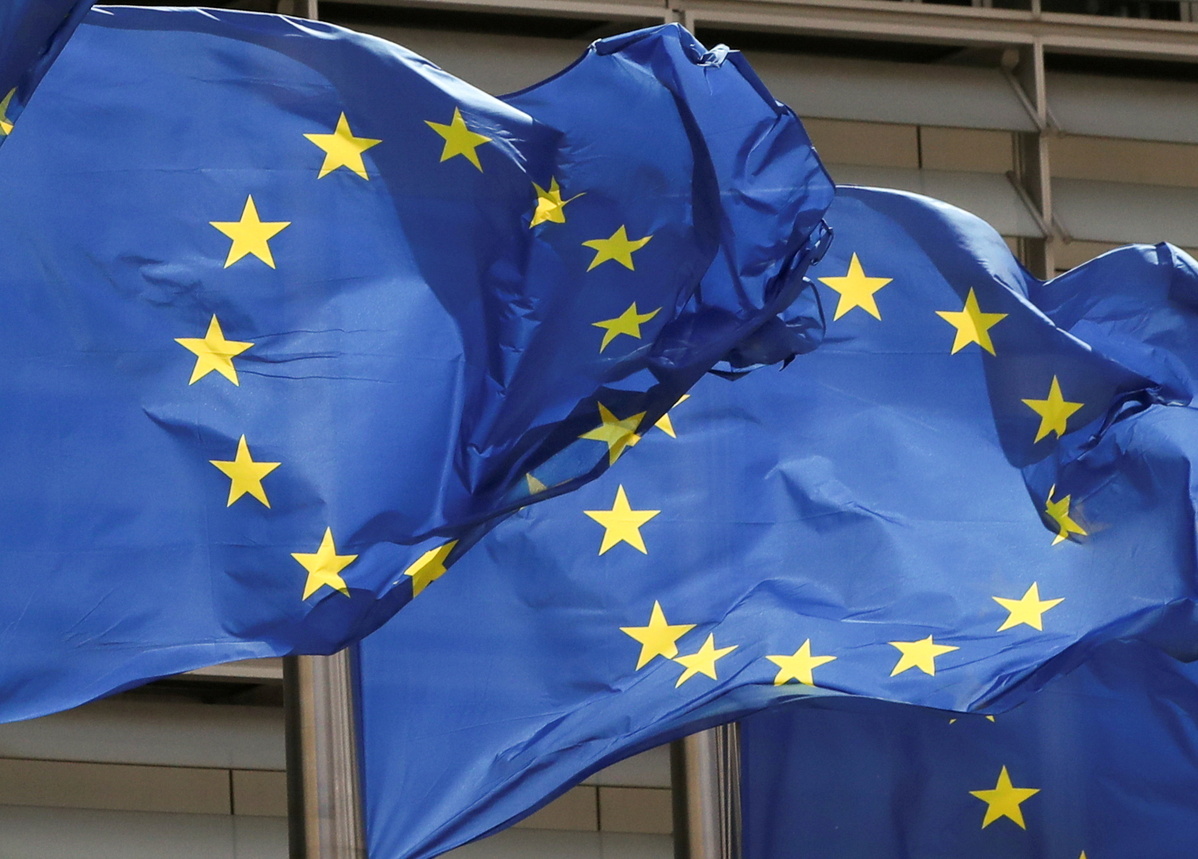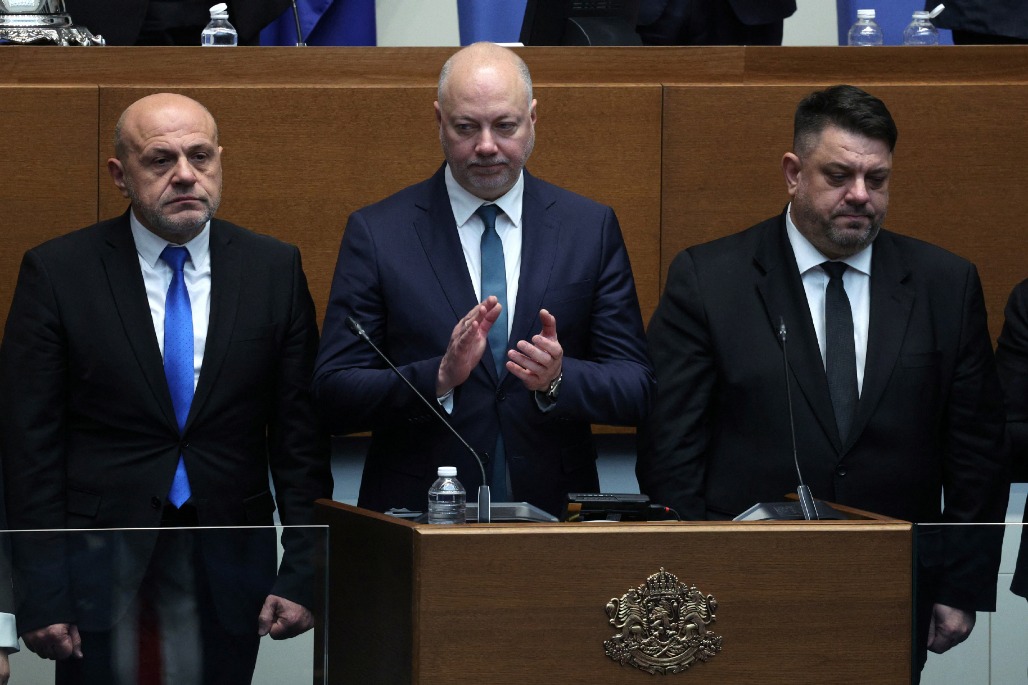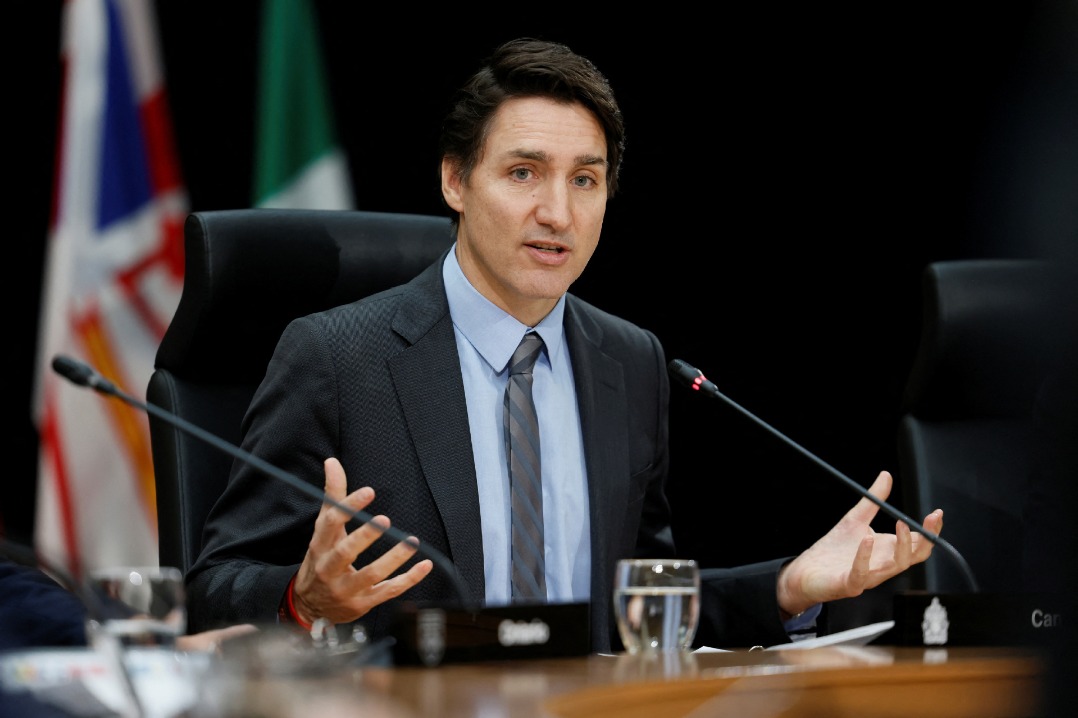Poland urges EU nations to bolster armies
Country set to use its EU presidency term to encourage stronger militaries


Poland has called on fellow European Union member nations to take the bloc's security more seriously, now Donald Trump is returning to the White House.
With the billionaire entrepreneur back in power in the United States on Monday, Poland, which took over the rotating six-month presidency of the EU on Jan 1, warned the bloc may not be able to rely on the US in the same way it did in the past.
Adam Szlapka, Poland's Europe minister, told The Guardian newspaper now is "the right time to say loudly that it's time to take responsibility for our future and our security".
Poland has frequently warned that Russia, the major power in the region, could pose a threat to EU member nations, and it is thought to be worried the US under Trump may not be as internationalist as it was in the past.
But Poland has stopped short of criticizing the incoming US leader and has welcomed some of his ideas, including his call for NATO member nations to increase spending on their armed forces to 5 percent of GDP. At the moment, NATO members are required to spend 2 percent of GDP on their military. In 2024, only 23 of NATO's 32 member states hit that target.
But Poland's defense minister has welcomed Trump's call for NATO members to share the burden of providing the military alliance with the troops and weapons it needs. Poland is already spending 4.12 percent of GDP on its military and anticipates ramping that up to 4.7 percent in 2025.
Poland's Prime Minister Donald Tusk said on Wednesday NATO and EU members should stop trying to predict what the US president will do and instead make sure they have adequate militaries to support themselves.
"Instead of reading between the lines of President Trump, let's do our homework," he said. "The new Washington administration, once it sees how serious we are about this, will adopt a different approach."
Tusk said Washington could see the willingness of nations in the EU and NATO to spend more on their militaries as something to reward, and could continue to support Ukraine in the Russia-Ukraine conflict as a result.
"If all the members of Europe and NATO spent as much as Poland for their defense, we would be spending 10 times more than Russia," Tusk added.
The idea of the EU bolstering its military capabilities has already started to grow.
While the bloc does not call on member nations to spend a certain amount of GDP on defense, it has said it plans to spend more in future than the current 8.5 billion euros ($8.75 billion) allocated for the period from 2021 to 2027.
Andrius Kubilius, the EU's first defense commissioner, is understood to want to increase that total to 500 million euros for the coming decade.
Piotr Buras, who heads the Warsaw office of the European Council on Foreign Relations think tank, said it will not be easy to raise so much money, but the bloc could do so through borrowing.
"Poland would support debt financing and a special fund for defense, and this debate will start under the Polish presidency," Buras said. "There is an awareness in EU capitals and institutions that some progress is needed on defense. But it'll be difficult to achieve any concrete results before the German election (on Feb 23)."
































